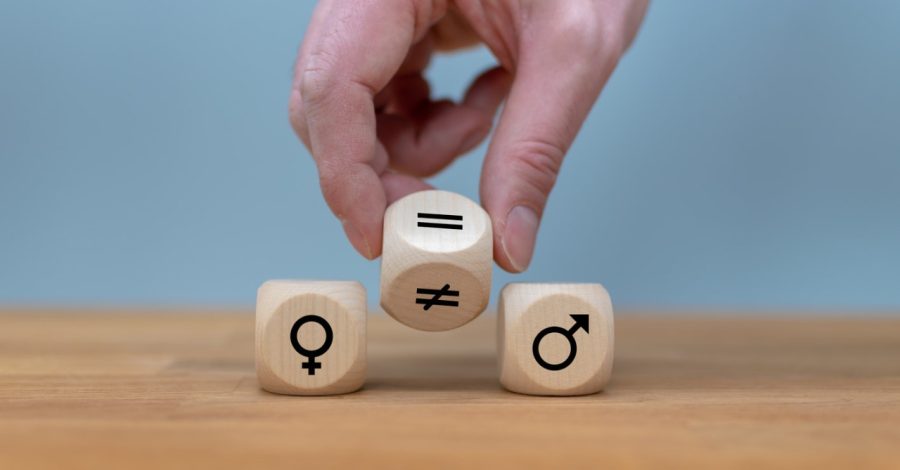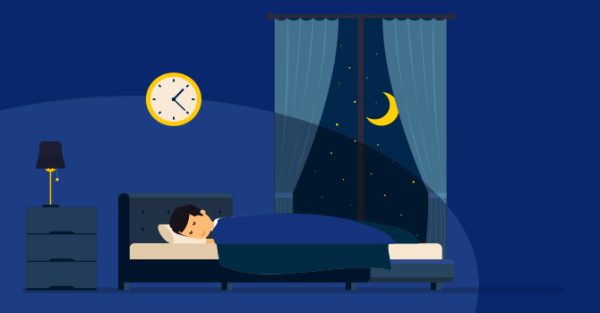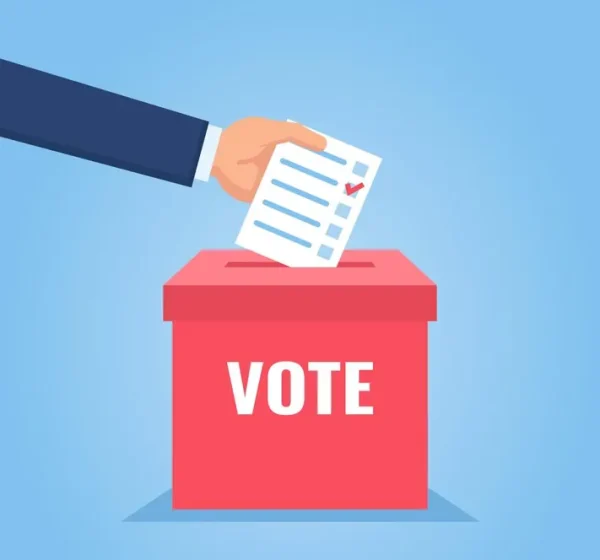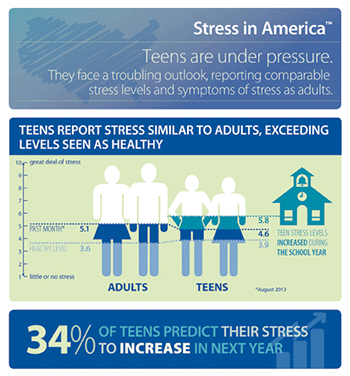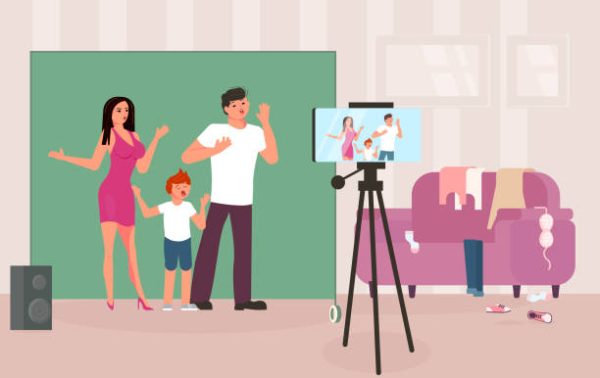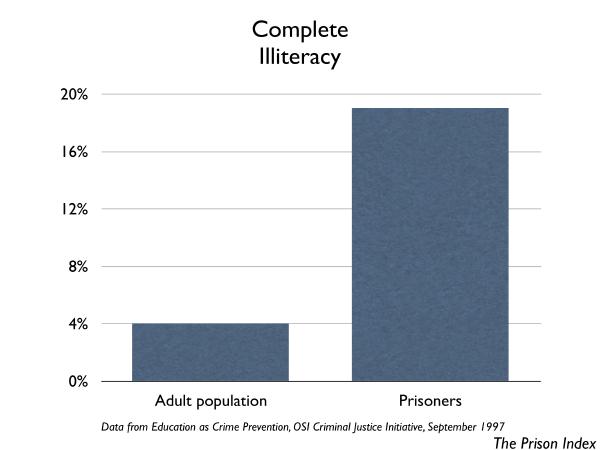Throw Away The Gender Role Stereotypes
April 22, 2022
The sad truth is, even in 2022, there are still gender roles embedded in people’s minds. It might not be as deep-rooted and outrageous as believing women only belong in the kitchen, but I feel as though the fixed gender roles are holding us back from so much in life. I’m talking about relationships. Most people believe that it is up to the male to instigate a relationship of any sort. People still believe that males should lead in a relationship and be the ones to “take the reins”. Another stereotype about gender in relationships is that the man should not show emotions and have to be “tough”. This backward thinking is outdated and should not still be in practice.
In many other aspects of life, gender roles are not much of an issue, besides the occasional sexist. Women can have the same jobs as men, aren’t looked down upon as the weaker gender, and can do just about anything a man can. However, the same cannot be said for men. If a man were to do the things women normally do, they would be mocked and not taken seriously. Some people think that only a “gay” man would do a job designed for women. This type of thinking is just unacceptable. If people can be open and accepting towards women with what is thought to be jobs for men, then they should be just as open towards men with what is thought to be jobs for women. Equality isn’t just a one-way street, it goes both ways.
One thing many men still believe is that they should lead relationships and be the more dominant persona. I’ve talked to multiple males in relationships and the majority of them believe they are to take on the role of the boss in their relationships. I know a lot of men that are under the impression that they are not supposed to show certain emotions such as pain or sadness. They apparently aren’t allowed to cry or be weak. This may have been the case about 80 years ago, but this is 2022. We have new social norms and more things are acceptable than they were in the past

